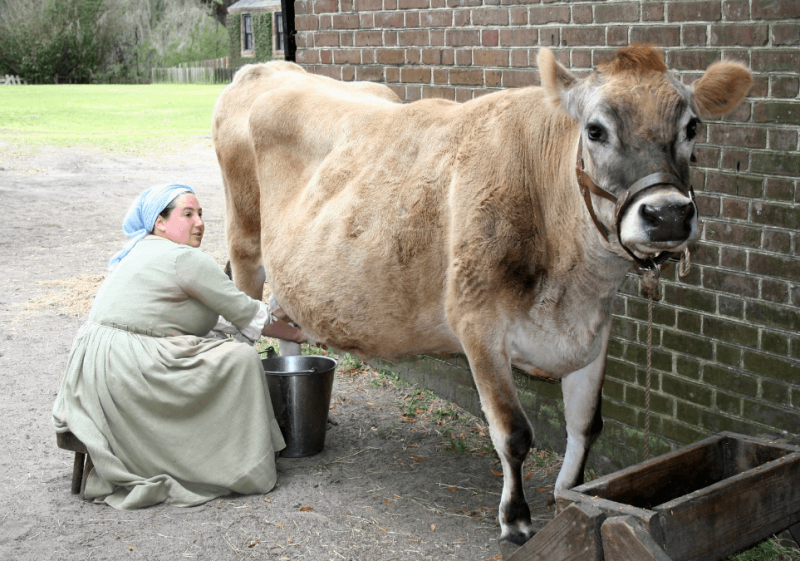Scientists generated a transgenic cow that produces milk with human insulin. Their research may help patients with diabetes.
Insulin deficiency or resistance may cause diabetes, which is a disease that can severely damage various body organs. In order for their body to function properly, diabetics need to inject insulin for their whole lives. Researchers need to find better alternatives to address this disease.
Scientists from various institutions in Brazil and the USA produced transgenic cattle that give milk with proinsulin and insulin.
Follow the latest news and policy debates on sustainable agriculture, biomedicine, and other ‘disruptive’ innovations. Subscribe to our newsletter.
For more information, read the article in Biotechnology Journal.































